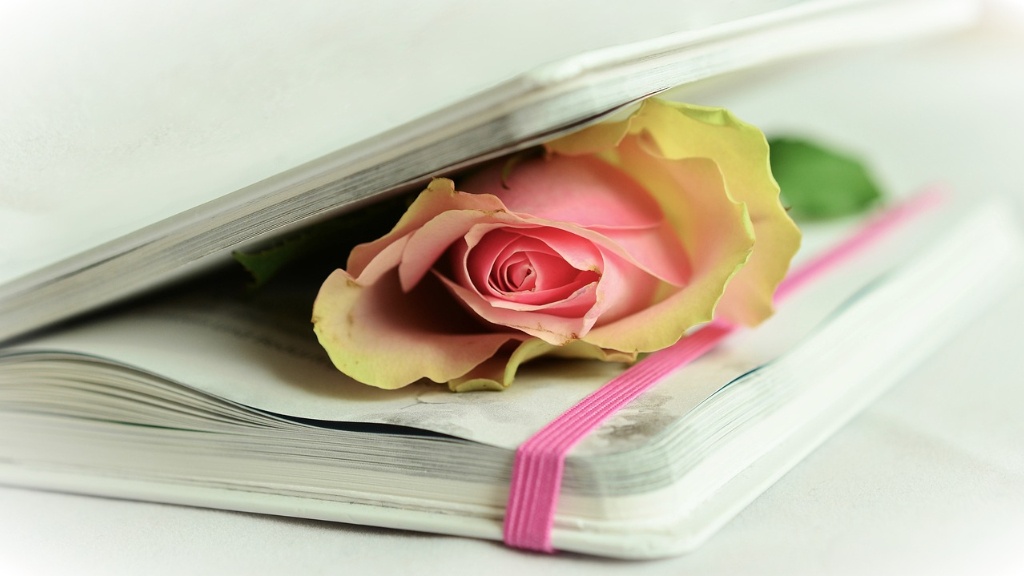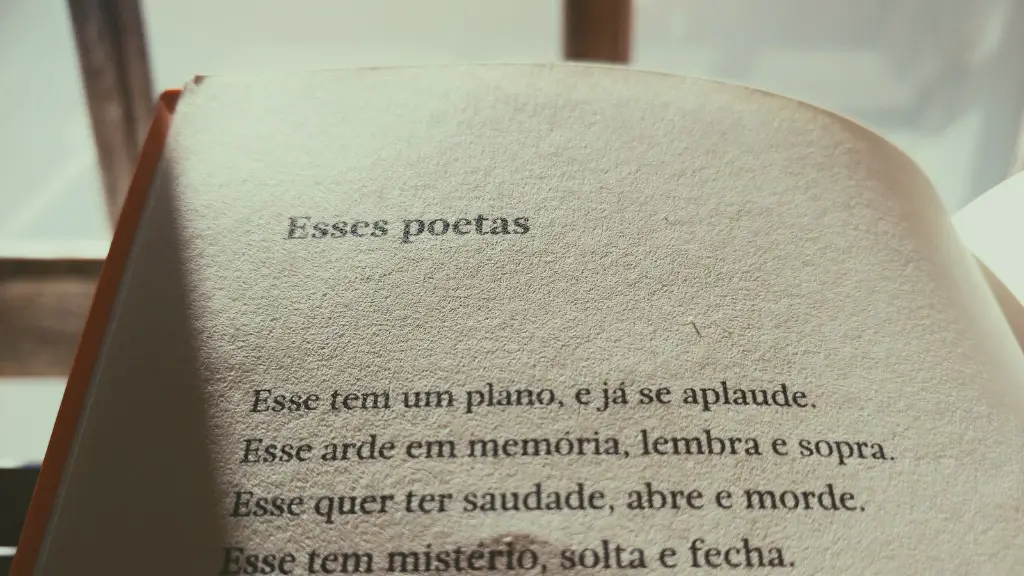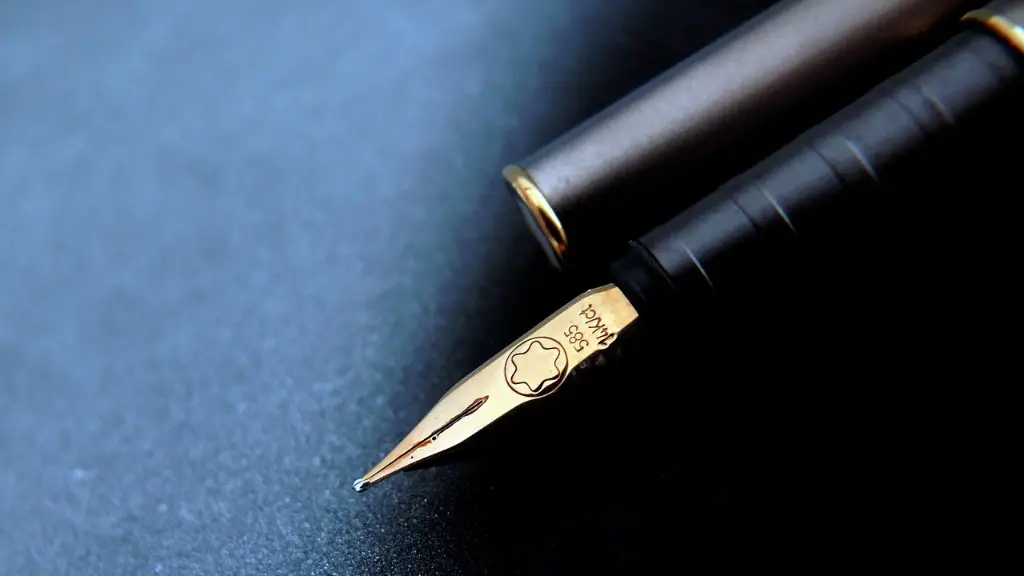Providing Emotional Release
War poetry is known for its unique power of conveying emotions associated with the most traumatic of wars. It has a special ability to provide a sense of comfort and emotional release for people who have experienced tragedy and trauma. Poets can give a voice to the emotions and personal experiences of those caught up in a war. This can bring a connection to those who cannot express their personal suffering in words. Through their poetry, poets can delve into the heart of war in a way that words alone cannot.
Providing Hope In Despair
War poetry can also provide hope in a time of despair. The words expressed can offer a reassuring message that no matter the struggles faced, there is still light in the darkness. This connection between the poetic language and the emotional depths of a person’s experience can be very powerful. It can give even people who are in the midst of war a sense of hope. Additionally, poems can serve to remind us of our shared humanity. In times of war, we can forget the interconnectedness of all people. Poetry can be a powerful reminder of this.
Bringing Action to Words
War poetry can also be a call-to-action. It can be used to remind us of the atrocities of war and the impacts it has on people and their environments. This can inspire us to take actions such as fundraising for charities or to sign petitions for political change. The words expressed by poets can motivate us to stand up for justice and for those in need.
Offering Connection and Reflection
Additionally, war poetry is an opportunity for people to come together and reflect on the negative aspects of war. It can be a safe environment for people to open up and discuss their fears and worries. It can also be a forum for sharing stories, experiences and perspectives. War poems can draw attention to the incredible strength found within stories of survival, resilience and courage in war-afflicted areas.
Setting the Scene
War poetry can also be used to give context to the historical events that a war unfurled. It can provide vivid imagery to make the scenes being described more accessible and real to readers or listeners. This connection between person and poem is especially important in war-time settings as these poems can capture a moment in time that would otherwise have been lost.
Preserving Lived Experience
Finally, war poetry is an incredibly powerful form of communication as it is able to capture the voices of those who may otherwise not be heard. It can provide a window into the actual experiences of those affected by war. This is especially relevant when it comes to stories of those who were involved in wars that can be forgotten or not well remembered.
Informing a Great Discussion
War poetry can also provide a gateway to a greater discussion surrounding war. It can be used to explore how war impacts people and communities by providing a powerful insight into how mental, spiritual and physical health can change in conflict-torn nations. It can allow us to hold a mirror up to past and current events to assess if lessons have been learnt from our troubled past and whether the same mistakes can be avoided in the future.
Examining Different Perspectives
War literature also offers an opportunity for readers to gain an understanding of what it is like to experience war from a variety of perspectives. It can provide a vivid description of the physical violence of war, but also the emotional effects that follow such experiences. War poetry offers readers the ability to enter into the minds of those who experienced war first-hand.
Exploring Postwar Impact
War poetry also has the potential to turn its eye on the aftermath of war and how a nation can be changed by it. Through these poems, we are able to gain a greater insight into how a nation’s culture, lifestyle and social structure can be affected by the after-effects of war. This can include looking at long-term economic, political and social impacts, as well as the psychological toll handed down to generations after the war.
Exploring the Nature of War
War can also be explored by examining the nature of war itself. War poetry can help us to think about the cause and consequences of war, as well as its nature and scope. Through this literature, we can develop a better understanding of the complexity of war and its devastating effects on individuals, communities and entire nations.
Promoting Peace and Understanding
Finally, war poetry can serve as a force for good. It can be used to build bridges of understanding between people from different backgrounds and can be a strong force for promoting peace. Such poems can be used to reduce racism and prejudice as well provide an opportunity for cultures to interact and share ideas. War poetry can be an excellent tool for teaching peace and empowering individuals.


